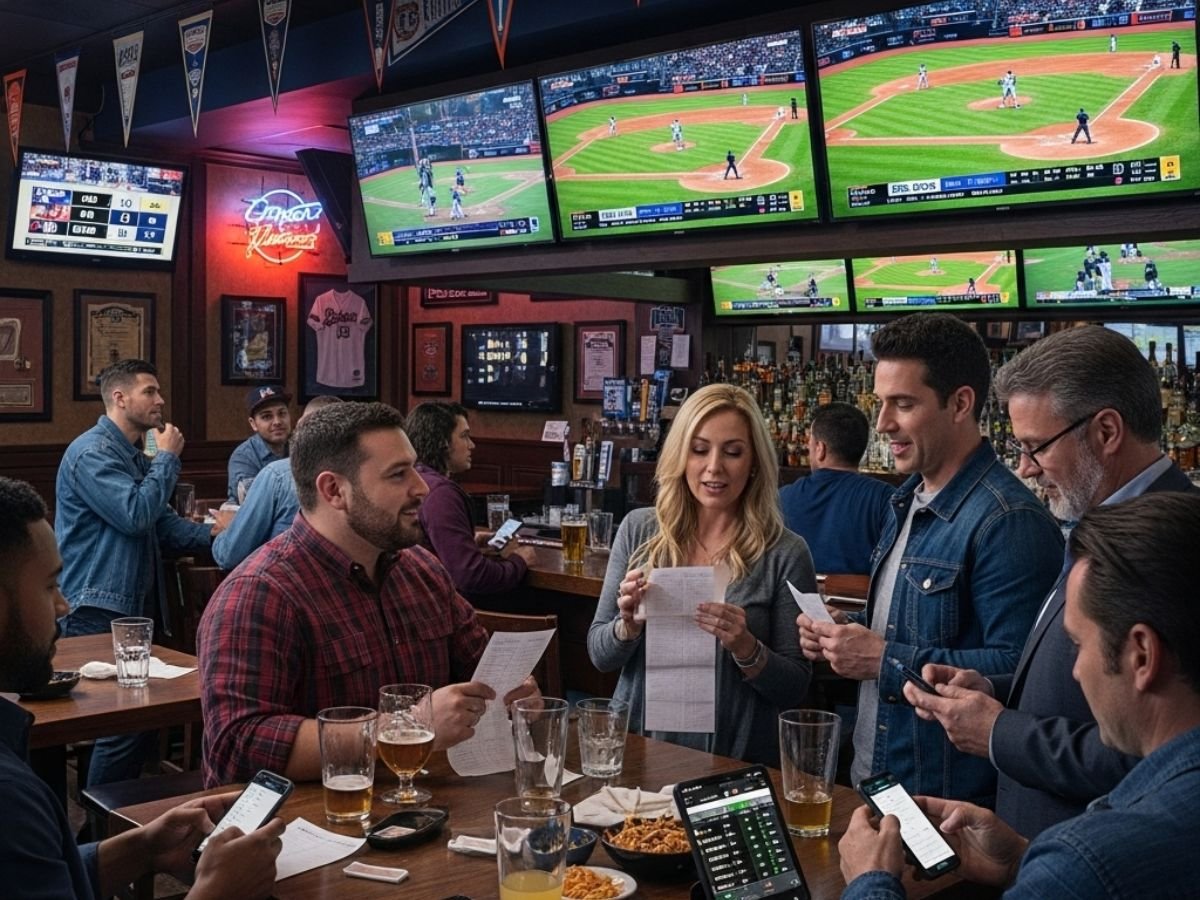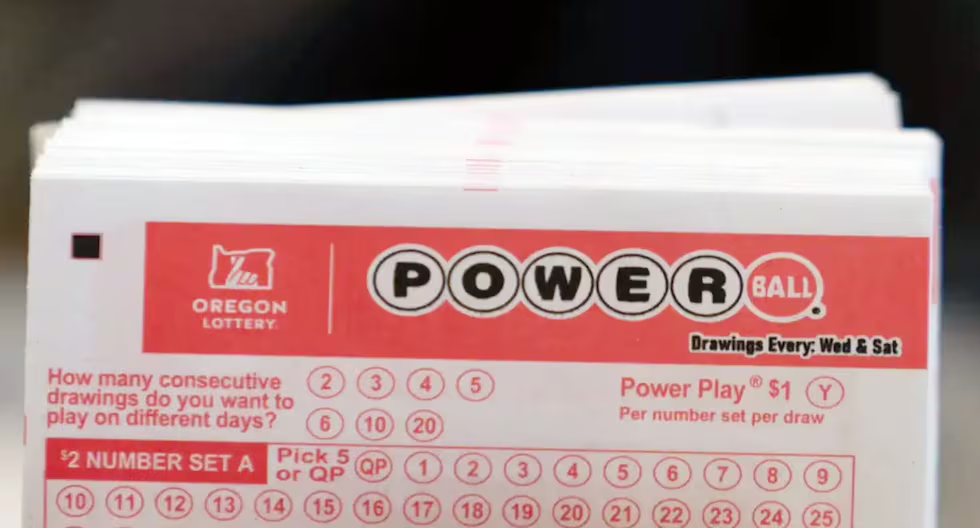Baseball is unique among major US sports because games are played almost daily, often in long series and across different time zones. This grind creates situations where the time of day, day games vs night games, can have a real impact on player performance, team strategies, and ultimately, betting outcomes.
For US bettors, understanding these subtle differences can be the key to spotting value in the betting markets. Sportsbooks often price day and night games the same way, yet historical data shows variations in hitting, pitching, and even defensive performance based on start time. Factors like fatigue from late travel, weather conditions, lineup rotations, and ballpark environments all come into play.
Also Read: How to bet on MLB World Series: Outright vs game-by-game
This guide will break down how day games differ from night games in MLB, what stats to look at, and how bettors can use this information to make smarter wagers.
Day Games vs Night Games in MLB: Why timing matters in baseball
MLB teams play 162 games over a six-month season. With such a packed schedule, circumstances around when the game is played can influence performance. Day games typically follow night games, meaning teams might be fatigued, resting starters, or traveling. Night games, on the other hand, often feature regular lineups and cooler weather conditions.
For bettors, this isn’t just trivia—it’s an angle that can influence totals, moneyline picks, and prop bets.
Factors that affect day games vs night games in MLB
1. Travel and fatigue
- Day games often come after a night game in the same series.
- Teams on road trips may have less rest, especially if they’re traveling across time zones.
- Fatigue can impact pitching control and defensive sharpness.
Betting angle: Underdogs in day games sometimes perform better if the favorite is fatigued from travel.
2. Lineup changes
- Managers are more likely to rest star players during day games.
- Catchers, in particular, often get swapped in day-after-night scenarios.
- Bench players can create variability in offensive output.
Betting angle: Check lineup cards before betting. A missing slugger can swing totals and moneyline value.
3. Weather and visibility
- Day games mean more sun, heat, and humidity.
- Hot weather can help the ball carry farther, leading to higher-scoring games.
- Shadows between pitcher and batter during late afternoon starts can make hitting tougher.
Betting angle: In hot-weather ballparks like Texas or Colorado, day games often trend toward the over. In contrast, tough shadow conditions might lean toward unders.
4. Pitching performance
- Some pitchers excel in cooler night conditions, while others struggle in heat.
- Relief pitching can be thinner in day games if bullpens were heavily used the night before.
- Lefty/righty splits can also shift with lineup changes.
Betting angle: Look for pitchers with strong “splits” data in day vs night games—many have track records that sportsbooks underprice.
Also read: MLB totals Betting: How ballpark factors impact runs scored and how to use it
Practical tips for US bettors
- Check schedules: A team finishing a late West Coast game before an early East Coast day game is often at a disadvantage.
- Monitor lineups: Confirm who’s starting before placing bets, especially in day games.
- Track totals: Day games in hot weather cities can lean toward overs, while cooler climates or shadows may favor unders.
- Consider bullpens: Relievers may be overworked in a series, impacting day games more.
FAQs
Q1: Do MLB teams score more in day games than night games?
It depends on conditions. Hot day games can produce more runs, but shadow-heavy late afternoon games often suppress offense.
Q2: Are underdogs more valuable in MLB day games?
Sometimes, yes. Favorites that rest stars or face travel fatigue are more vulnerable in early games.
Q3: How often do managers rest players in day games?
It’s common, especially for catchers or veterans. Bettors should always confirm lineups before wagering.
Q4: Does pitching performance differ in day vs night games?
Yes. Some pitchers have noticeable splits—tracking ERA, WHIP, and strikeouts in different start times can reveal betting value.
Q5: Should bettors always bet the over in hot day games?
Not always, but high temperatures combined with hitter-friendly parks like Coors Field can increase the likelihood of overs hitting.








